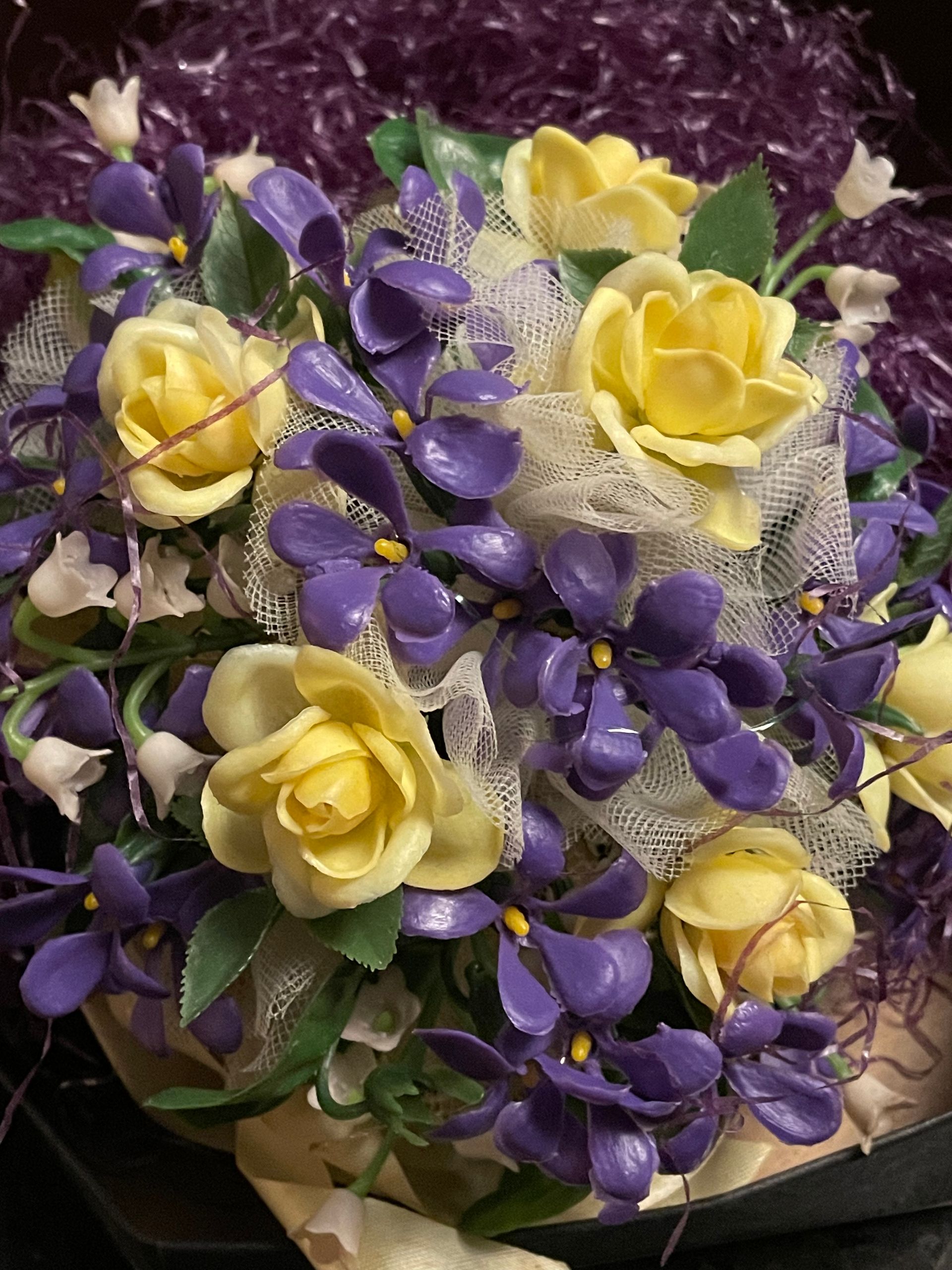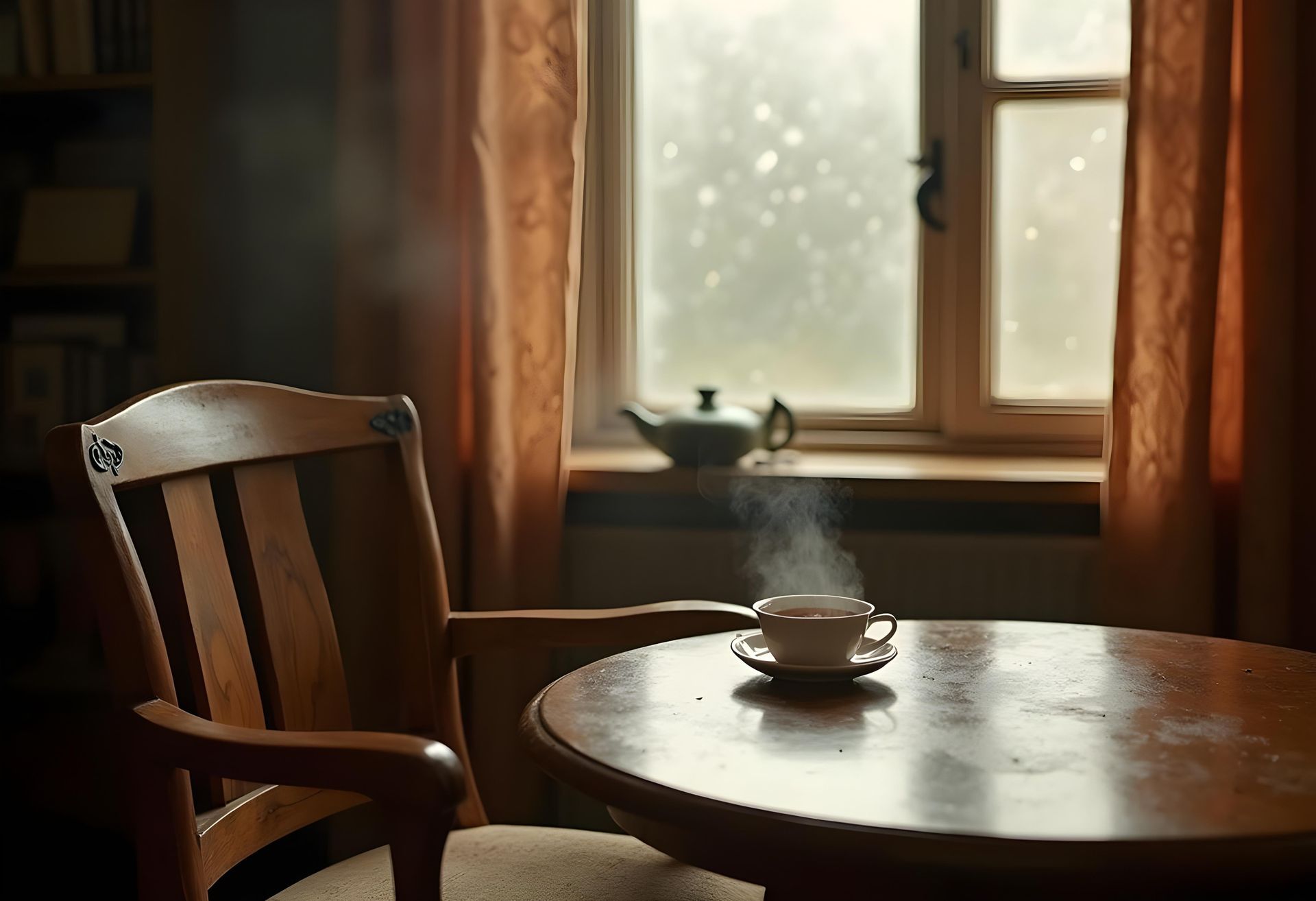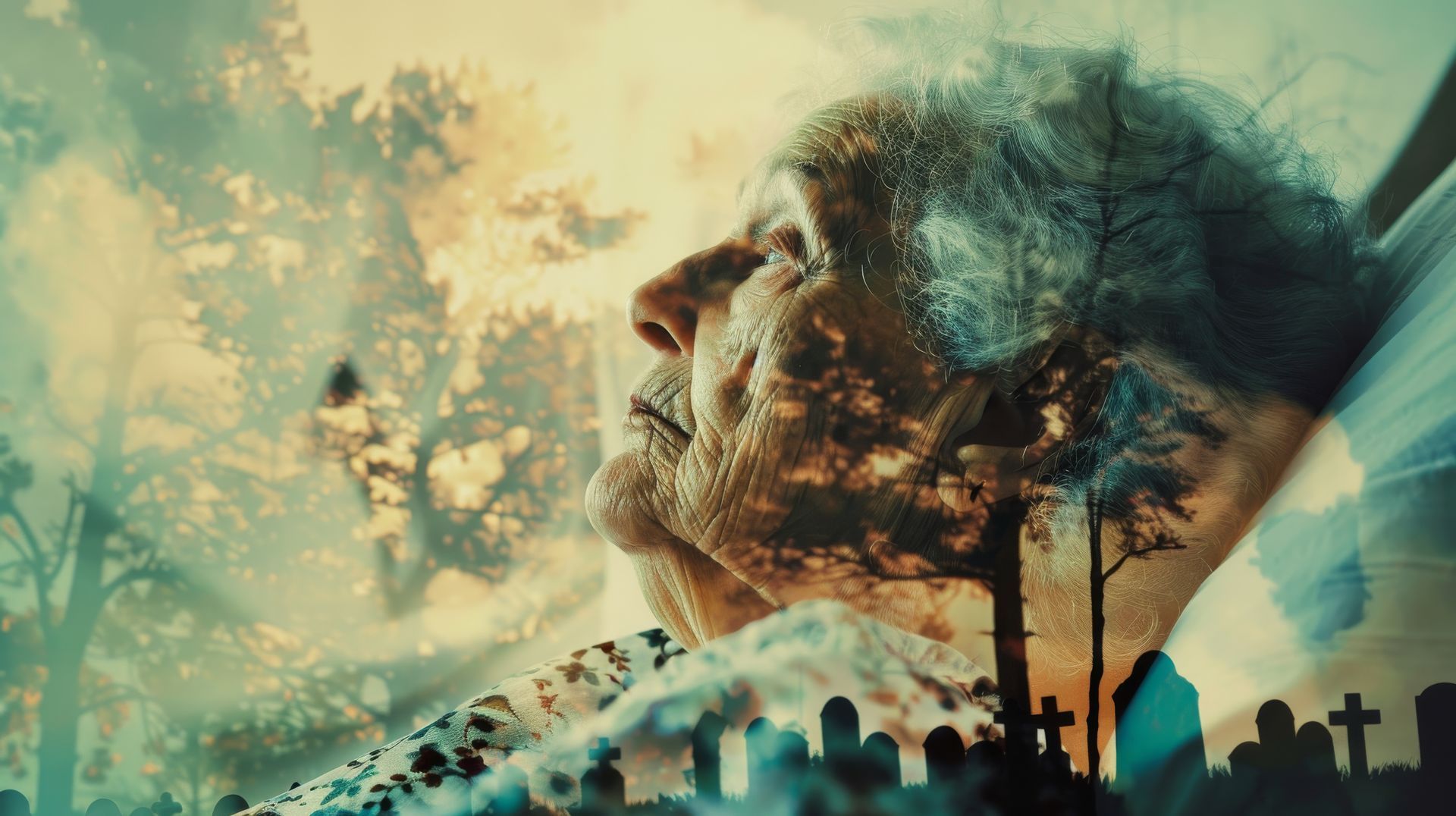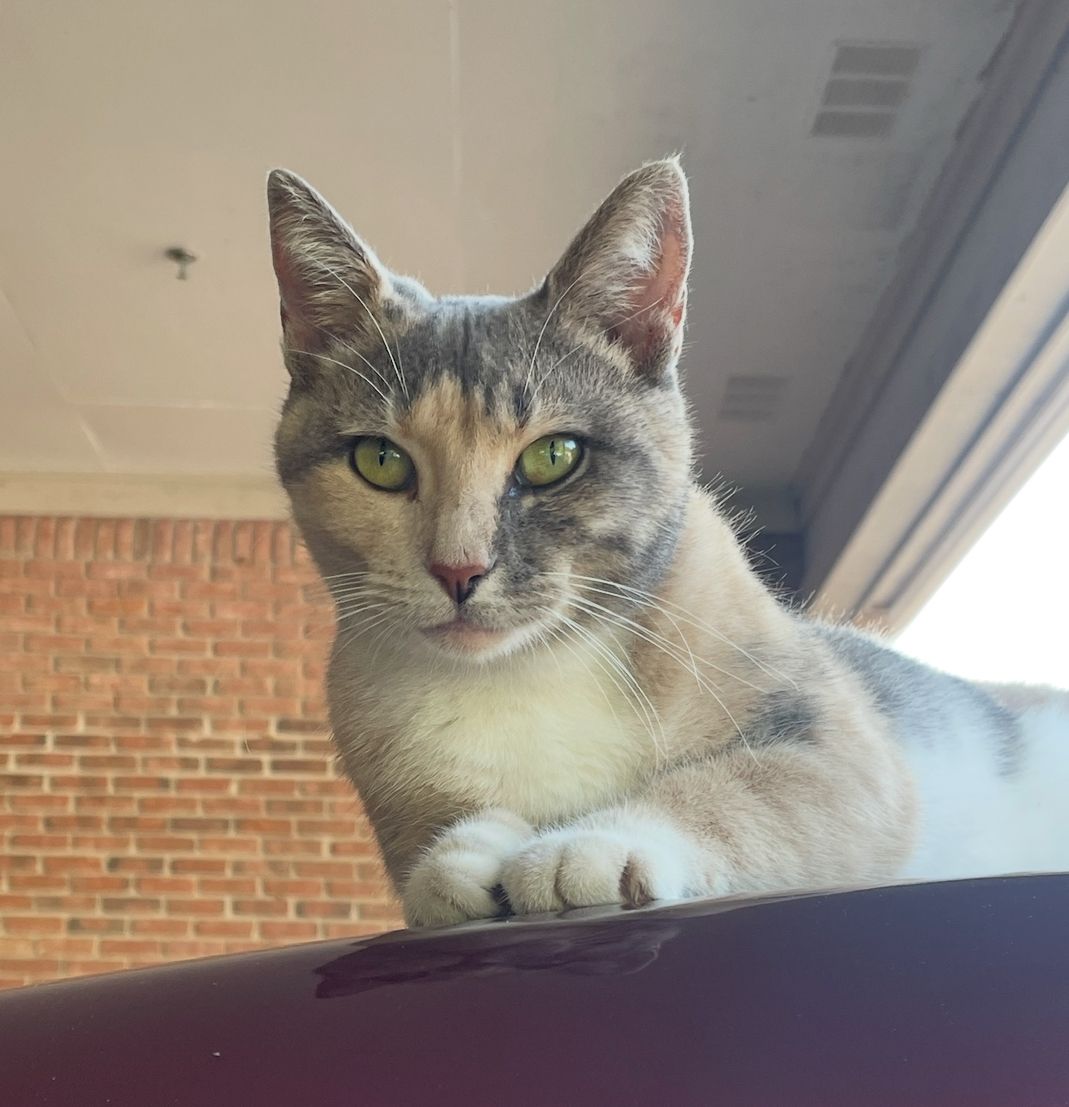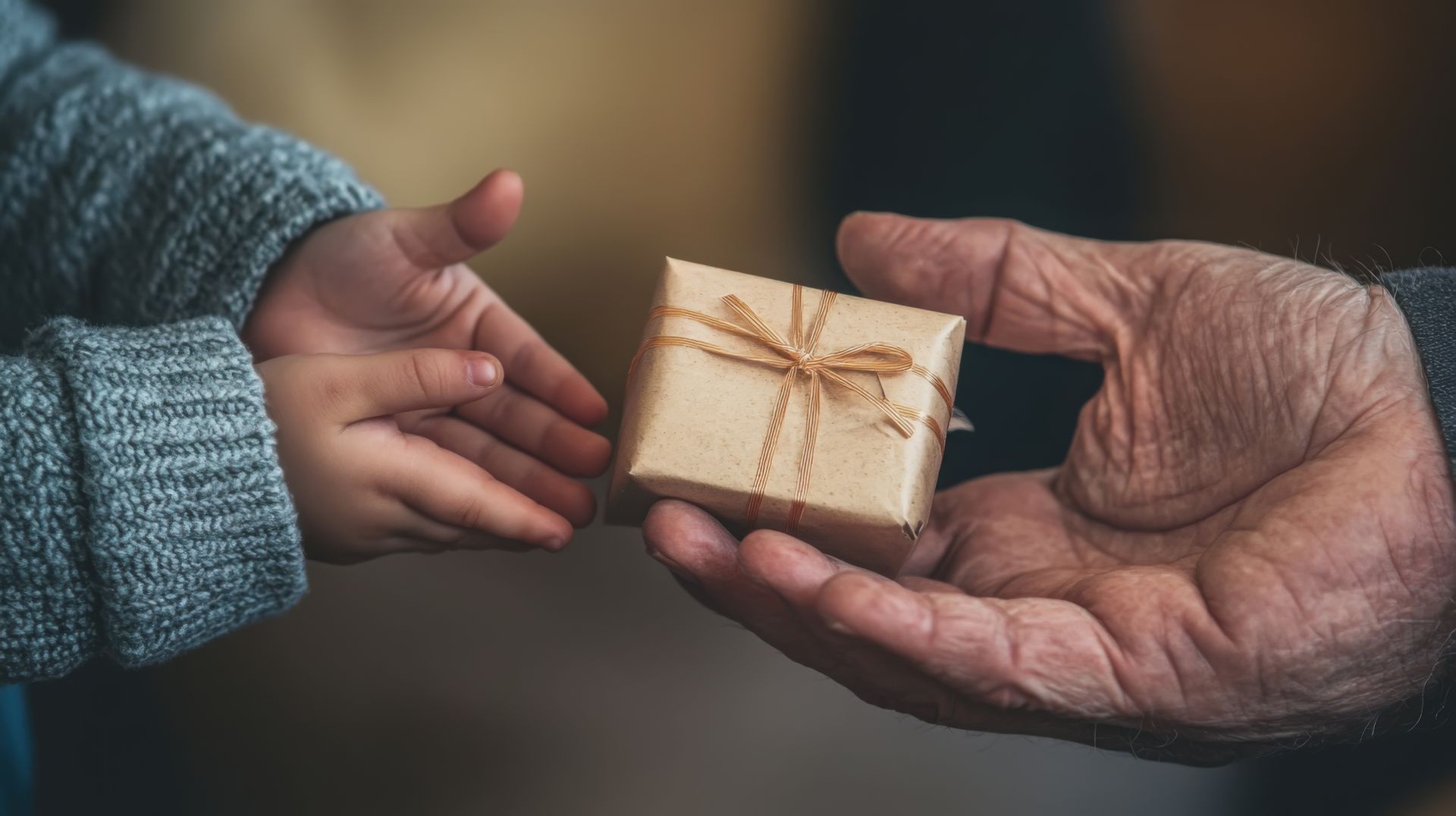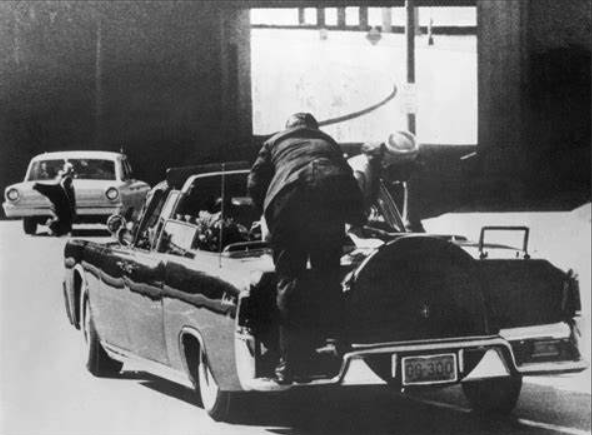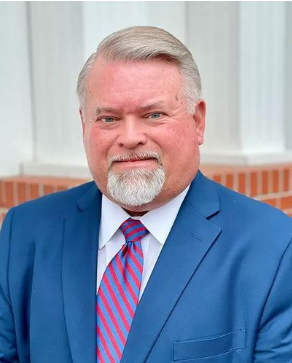My grandmother on the Shackelford side, the woman I knew as Mom during the brief five years our lives overlapped, died suddenly and very unexpectedly. She had suffered from crippling rheumatoid arthritis for years—a condition that had, on occasion, required hospitalization. It was during one of those episodes that she contracted a staph infection. That infection would ultimately take her life when a blood clot broke loose from one of the sores on her leg.
It was a Sunday morning. She had insisted that my grandfather—the man I called Pop—go on to church; she was going to stay home and rest. In a testimony to their love and deep connection, he felt compelled to check on her between Sunday school and the worship service . . . and that was when he found her.
Being a funeral service family, they had discussed what they wanted as their final tributes. At least, she had discussed what she wanted, and that was a closed casket and a graveside service. Closed because her hands were deformed—gnarled and twisted from the arthritis. Graveside because . . . well . . . I don’t have a clue. She was a humble person who never had a need to be the center of attention. Perhaps that was the driving force behind her request. Whatever the motivation, now it fell to her husband—the funeral service professional who knew her wishes and felt he simply could not, in all good conscience, honor them—to find a compromise. She had too many friends . . . too many people who loved her. And he had the need to do more.
But how could he fulfill her final requests . . . and still give her family and friends what they needed?
He contacted a florist and ordered a bouquet of artificial flowers, which in 1961 meant plastic. They were violets and miniature roses . . . beautiful purple violets and yellow roses that would be nestled in her hands to hide what she hated but what we all believed were the most beautiful hands on earth. He had 300 chairs delivered to the cemetery. I don’t know where they came from; I just remember it looked like a sea of seats to a child that wasn’t even quite five, one that really didn’t understand why her grandmother wasn’t there . . . and why her grandfather was so sad. And then he hauled an electric organ to the graveside and with the neighbors’ permission, ran an extension cord across the cemetery and to their house.
She had her graveside service, with every seat filled and friends standing in the cemetery. He had his open casket but with her hands hidden from the world.
My parents had left me with him the night before the funeral, I suppose as a responsibility to momentarily distract him from the tremendous loss he had suffered. And perhaps because I was the only grandchild old enough to understand that something was amiss . . . and there is a great deal of comfort to be found in the hugs of a child who recognizes sadness even if they don’t understand why it’s there.
When the funeral ended, my grandfather removed the flowers from the hands of his bride and gently placed them back in their original box, complete with the strands of paper that matched the purple violets. Then he gave them to my parents to give to me when I would understand their meaning. And today I showed them to my daughter—Kathryne Hall—named after the most beautiful and kind-hearted human that I believe ever walked the face of this earth. And I told her of their meaning and how they came to be in my possession. The ribbon was slightly crumpled from having been stored . . . and the netting had yellowed a bit with age . . . but the flowers were as vibrant as they were 62 years ago.
Some stories deserve to be remembered forever . . . retold with a hint of reverence and passed from generation to generation. For me, the deep, abiding love my grandparents had for one another--and how my grandfather demonstrated his devotion as he bid her farewell—is one of those stories.
About the author: Lisa Shackelford Thomas is a fourth-generation member of a family that’s been in funeral service since 1926. She has been employed at Shackelford Funeral Directors in Savannah, Tennessee for over 40 years and currently serves as the manager there. Any opinions expressed here are hers and hers alone and may or may not reflect the opinions of other Shackelford family members or staff.


